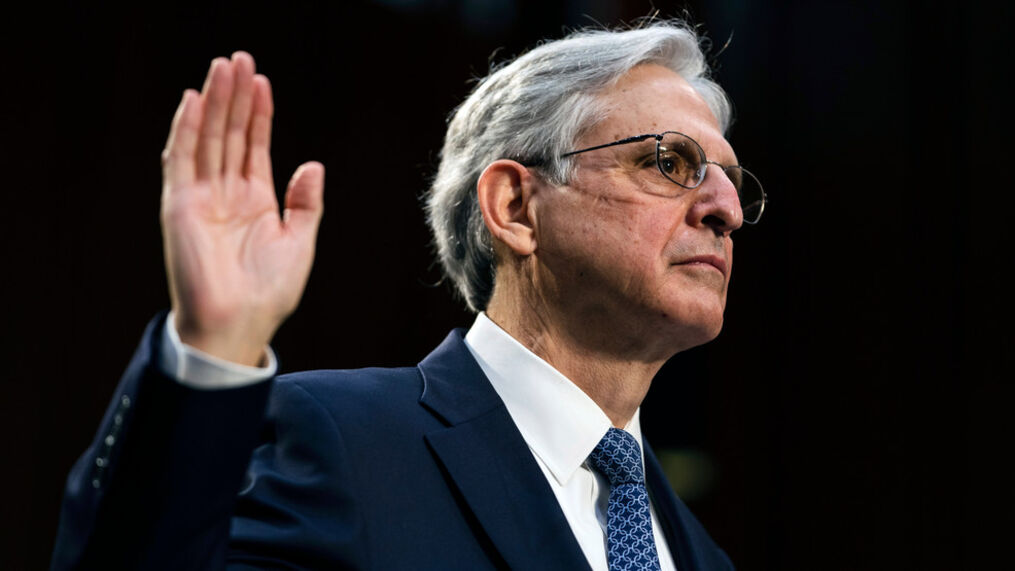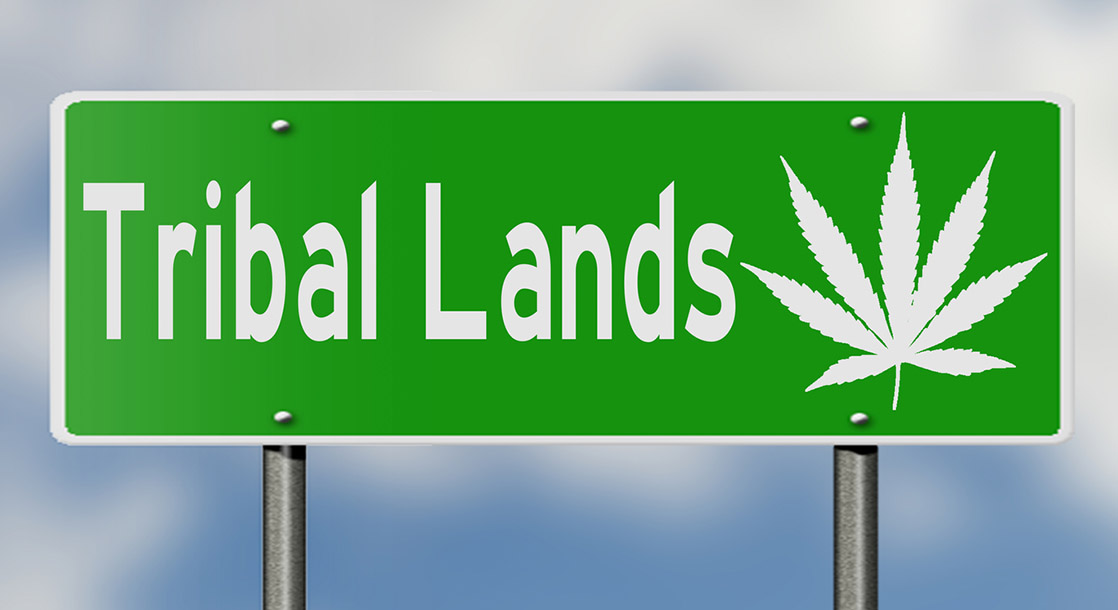Image via
It’s looking likely that Judge Merrick Garland is about to become America’s next Attorney General, and that might just be good news for states that have legalized weed.
During his confirmation hearing earlier this week, Garland told the Senate Judiciary Committee that he thinks using federal funding to interfere with state-legal weed businesses would be a total waste of time. The nominee did not go so far as to advocate for federal legalization, but did suggest that he would continue the hands-off cannabis policies that began under the Obama administration.
“It does not seem to me useful the use of limited resources that we have to be pursuing prosecutions in states that have legalized and are regulating the use of marijuana, either medically or otherwise,” Garland said in a response to a question by Sen Cory Booker (D-NJ), Marijuana Moment reports. “I don’t think that’s a useful use.”
“I do think we need to be sure that there are no end runs around the state laws that criminal enterprises are doing,” he added. “That kind of enforcement should be continued. But I don’t think it’s a good use of our resources where states have already authorized, and it only confuses people obviously within the state.”
Garland also acknowledged that cannabis prohibition laws are a “perfect example” of the racial bias inherent in the American criminal justice system. “Here’s a non-violent crime with respect to usage that does not require us to incarcerate people, and we’re incarcerating at significantly different rates of the different communities,” he told Booker. “That is wrong, and it’s the kind of problem that will then follow a person for the rest of their lives. It will make it impossible to get a job, it will lead to downward economic spiral for their family.”
“That’s definitely evidence of a disparate treatment in the system, which I think does arise out of implicit bias,” Garland continued, according to Marijuana Moment. “This is a particular part of the reason why, at this moment, I think I wanted to be the attorney general.” And if elected to that role, he suggested he would direct the Justice Department to avoid prosecuting minor cannabis crimes as a means to end this unequal enforcement.
In response to further questioning by Sen. Jon Ossoff (D-GA), Garland added that the most important way to achieve equity in the US justice system would be to refocus enforcement efforts “on the crimes that really matter.” The judge recommended cracking down on violent crime instead of upholding “such an overemphasis on marijuana possession, for example, which has disproportionately affected communities of color and then damaged them after the original arrest because of the inability to get jobs.”
Cannabis advocates have been worried about Garland’s stance on legal weed ever since he was nominated, but his current comments have eased at least some of those concerns. Much like President Biden, Garland is stopping shy of advocating for full federal legalization, but he is clearly open to decriminalization or other modest reforms.
“These comments ought to be reassuring to those employed by the growing state-regulated cannabis industry and to those millions of Americans who rely upon it,” said NORML Deputy Director Paul Armentano in a statement. “That said, such a ‘hand off’ policy is little more than a short-term band-aid. The long-term solution is for Congress to deschedule cannabis – thereby repealing the failed federal policy of marijuana prohibition and eliminating the existing state/federal conflict.”











